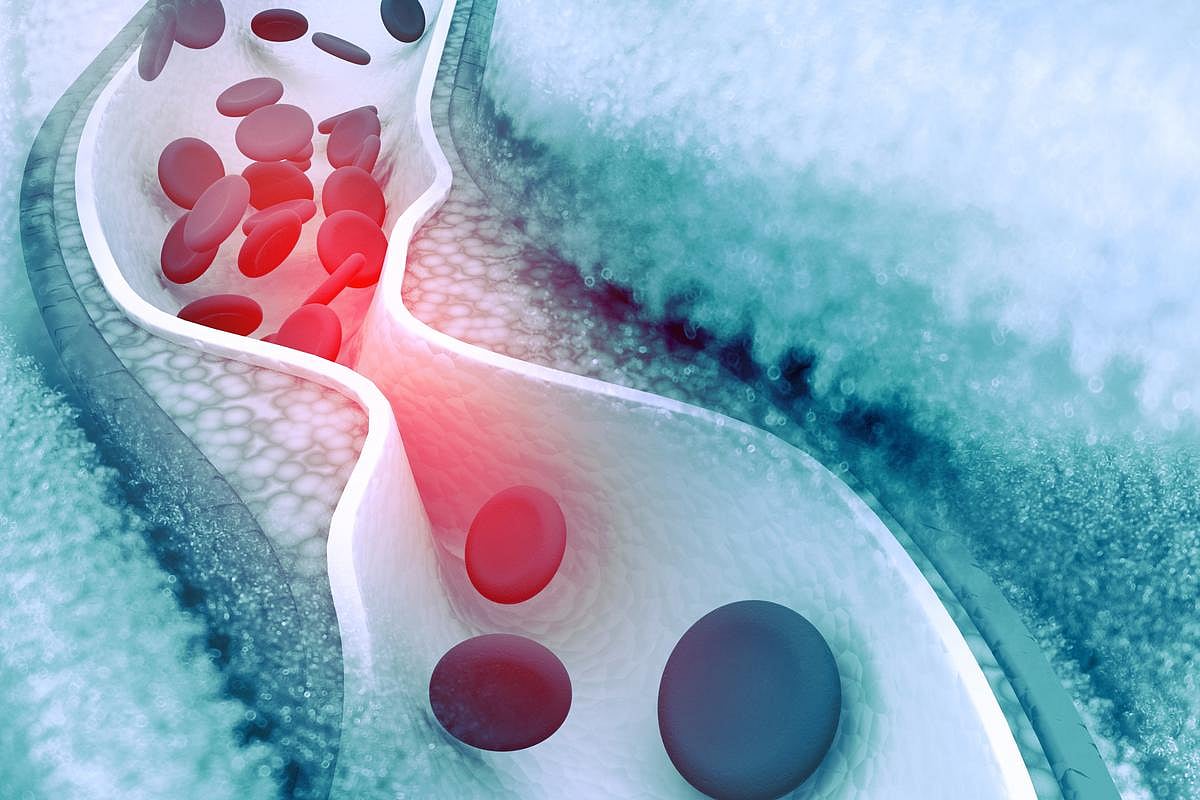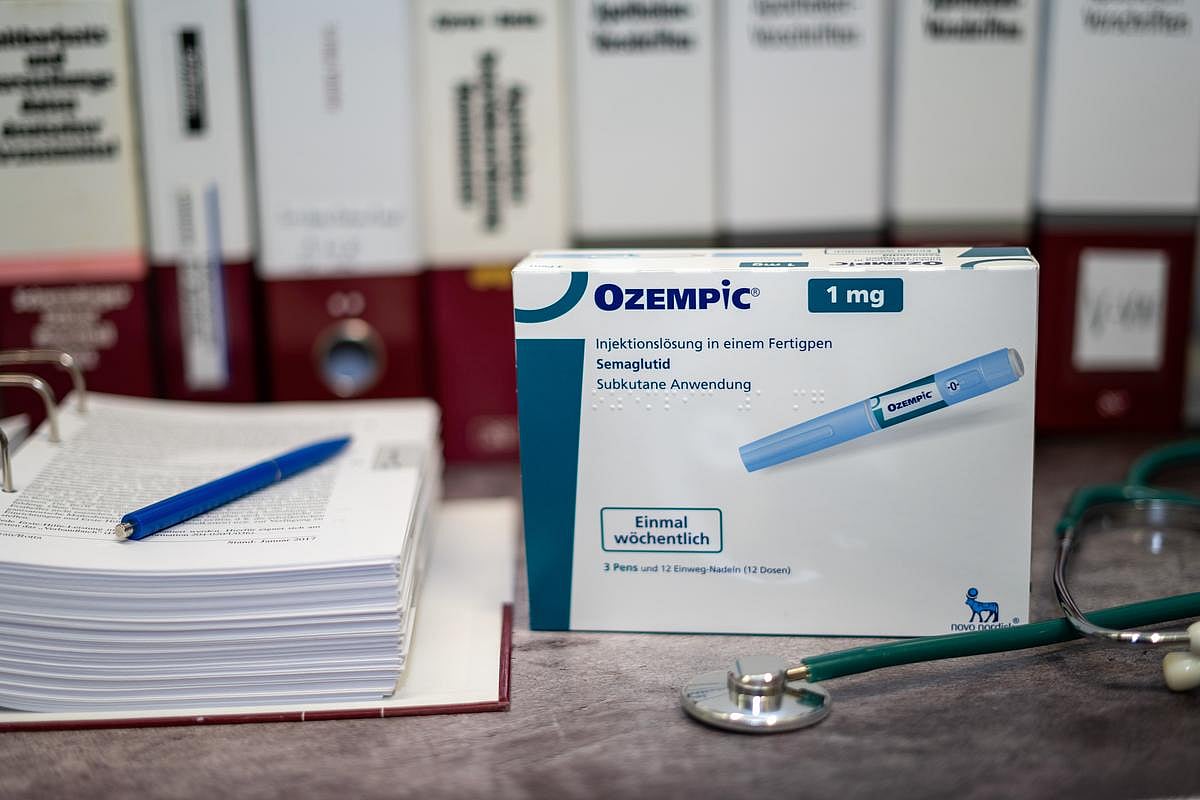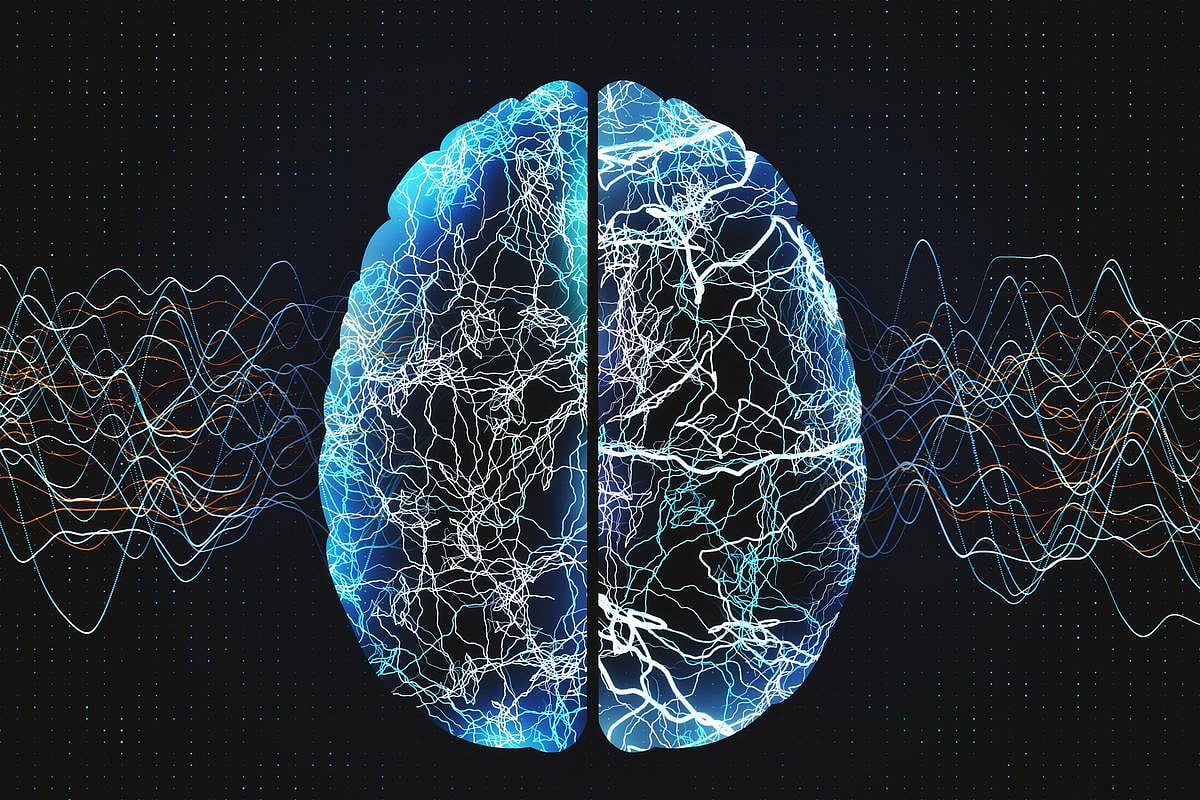Get Healthy!
Staying informed is also a great way to stay healthy. Keep up-to-date with all the latest health news here.
19 Sep
Women With Endometriosis May Face an Increased Risk of Heart Disease
A new study suggests women with endometriosis have significantly higher odds of heart attack and stroke.
18 Sep
Antibiotic-Resistant Infections Are a Growing Threat Worldwide, New Study Warns
A new global analysis finds antimicrobial-resistant infections could potentially cause nearly 2 million deaths a year by 2050.
17 Sep
College Students Who Vape May Be Hurting Their Ability to Learn
In a new study, college students who vaped scored below the normal range on cognitive function tests that assessed learning, memory, problem-solving skills and critical thinking.
U.S. Wastewater Tests Show Bird Flu Virus Limited to Areas With Farm Animals
An extensive look at wastewater samples taken across the United States from May to July found traces of the H5N1 bird flu popping up -- but only in areas populated by farm animals.
The avian flu virus has been widespread in U.S. poultry as well as herds of dairy cows, raising alarms that the virus might somehow mutate and spread between pe...
- |
- September 19, 2024
- |
- Full Page
New Data Supports Animal Market Origins for COVID Pandemic
The Hunan Seafood Wholesale wet market in Wuhan, China, has long been considered the most likely source of the coronavirus that caused the COVID-19 pandemic.
That theory is now supported by a new study analyzing more than 800 samples collected in and around the market in January 2020 as the pandemic began.
Those samples show that ani...
- Dennis Thompson HealthDay Reporter
- |
- September 19, 2024
- |
- Full Page
Breastfeeding Crucial to a Healthy Infant Microbiome, Lowering Asthma Risk
Breastfeeding through the first year of infants' lives can lower their risk of asthma by colonizing their bodies with a healthy mix of microbes, a new study finds.
Results show that breastfeeding beyond three months supported the gradual maturation of a baby’s gut microbiome, researchers reported Sept. 19 in the journal Cell...
- Dennis Thompson HealthDay Reporter
- |
- September 19, 2024
- |
- Full Page
Do You Know the MIND Diet? It Might Keep You Sharp With Age
It's called the MIND diet and its primary aim is to help guard against thinking and memory declines as you age. But does it work?
Yes, claims new research that found following the MIND diet for 10 years produced a small but significant decrease in the risk of developing thinking, memory and concentration problems.
“With the num...
- Robin Foster HealthDay Reporter
- |
- September 19, 2024
- |
- Full Page
Dengue Cases Mount in Los Angeles
The Los Angeles area is seeing a troubling increase in local dengue fever cases, health officials warned Wednesday.
In a public notice posted on its website, the Los Angeles County Public Health Department said at least three people have fallen ill with dengue fever this month after being bitten by mosquitoes in the Baldwin Park neighborh...
- Robin Foster HealthDay Reporter
- |
- September 19, 2024
- |
- Full Page
U.S. Health Care System Ranks Last Among Wealthy Nations, Report Finds
Americans have the worst health care among the world’s wealthy nations, a new report says.
People in the United States die the earliest and live the sickest lives out of 10 developed countries, even though the United States spends the most on health care, according to the annual report by health care think-tank The Commonwealth Fund....
- Dennis Thompson HealthDay Reporter
- |
- September 19, 2024
- |
- Full Page
Stroke Kills 7 Million Worldwide Each Year, and Deaths Are Rising
Climate change and worsening diets are sending global rates of stroke and stroke deaths skyward, a new study warns.
Almost 12 million people worldwide had a stroke in 2021, up 70% since 1990, according to a team led by Valery Feigin, of the Auckland University of Technology in New Zealand.
It's now the third leading cause of death i...
- Ernie Mundell HealthDay Reporter
- |
- September 19, 2024
- |
- Full Page
Diabetes Med Metformin Could Cut Risks for Long COVID
One of the most common diabetes drugs, metformin, might deliver an added bonus: Lowering users' odds for Long COVID.
Long COVID can present with symptoms including chronic fatigue, brain fog and chest pain and it may last weeks or months after an initial COVID infection. It's thought that millions of Americans suffer with the illness....
- Ernie Mundell HealthDay Reporter
- |
- September 19, 2024
- |
- Full Page
Some Chocolate Products Labeled 'Dairy-Free' Contain Milk, FDA Finds
Consumers should be aware that some chocolate labeled as “dairy-free” actually contains milk, the U.S. Food and Drug Administration warns.
This inaccurate labeling could put people with milk allergies in danger, the FDA noted.
About 13 of 210 chocolate samples sold in Pennsylvania and Michigan in 2022 and 2023 tested posi...
- Dennis Thompson HealthDay Reporter
- |
- September 19, 2024
- |
- Full Page
Some Diabetes Meds Could Lower Odds for Dementia, Parkinson's
A specific class of diabetes drug appears to lower people’s risk for dementia and Parkinson’s disease, a new study shows.
Sodium-glucose cotransporter-2 (SGLT2) inhibitors, also known as gliflozins, lower blood sugar by prompting the kidneys to filter sugar out of the bloodstream and excrete it in urine, researchers said.
- Dennis Thompson HealthDay Reporter
- |
- September 19, 2024
- |
- Full Page
Did Your ACL Surgery Work? Try Hopping Backwards
Hopping backward is a good test to see if someone’s ACL surgery has gone well, a new study says.
That backward hop is an effective way of measuring the strength of a patient’s knee function, as well as the strength of their quadriceps, researchers reported recently in the Journal of Sport and Health Science.
And ...
- Dennis Thompson HealthDay Reporter
- |
- September 19, 2024
- |
- Full Page
Long-Term Outcomes Good for Face Transplant Recipients, Study Finds
There have been 50 face transplants performed in 11 countries since the surgery was pioneered back in 2005, and long-term outcomes have been favorable, a new review finds.
In total, 85% of people receiving these complex surgeries survived five years and 74% were still alive a decade after transplant completion, researchers report.
Wh...
- Ernie Mundell HealthDay Reporter
- |
- September 18, 2024
- |
- Full Page
Buildup of Metals in Body Can Worsen Heart Disease
Cadmium, uranium, cobalt: These and other metals found in the environment can collect in the body and exacerbate heart disease, new research suggests.
"Our findings highlight the importance of considering metal exposure as a significant risk factor for atherosclerosis and cardiovascular disease," said study lead author Katlyn McGraw, a pos...
- Ernie Mundell HealthDay Reporter
- |
- September 18, 2024
- |
- Full Page
FDA Expands Use of Breast Cancer Drug Kisqali
Women with early stage breast cancer may now take Kisquali, a medication already approved for advanced disease, following the U.S. Food and Drug Administration's expanded approval of the treatment, drug maker Novartis announced Tuesday.
“The FDA approval of Kisqali for this early breast cancer population, including those with NO [has...
- Robin Foster HealthDay Reporter
- |
- September 18, 2024
- |
- Full Page
Black Women Face Higher Death Risk From All Types of Breast Cancer
Black women have a higher risk of dying from any type of breast cancer than white women, a new review finds.
Overall, the increased survival risk for Black women ranges from 17% to 50%, depending on the type of breast cancer, researchers found.
For example, breast cancers fueled by hormones like estrogen are 34% to 50% more likely to...
- Dennis Thompson HealthDay Reporter
- |
- September 18, 2024
- |
- Full Page
Therapy Dogs Can Ease Nurses', Doctors' Stress, Too
Therapy dogs can help boost the spirits of health care workers in the same way they brighten the moods of hospital patients, a new study shows.
The furry, four-legged friends reduced emotional exhaustion and job stress among a small group of workers at two surgical and two intensive care units in the Midwest, researchers report.
<...- Dennis Thompson HealthDay Reporter
- |
- September 18, 2024
- |
- Full Page
Cost Has Many Going Around Doctors to Get Weight-Loss Meds
Wegovy, Zepbound and other cutting-edge weight-loss drugs can be tough to get these days.
They’re in short supply, and often too expensive to afford without insurance coverage.
Because of these barriers, many people are doing an end-run around their doctor’s office, reaching out to potentially unreliable sources that prom...
- Dennis Thompson HealthDay Reporter
- |
- September 18, 2024
- |
- Full Page
Feeling Content Helps Shield You From Heart Attack, Stroke
Folks who are content with what they’ve got could be less likely to suffer a heart attack or stroke, a new study suggests.
“Our findings support a holistic approach to health care, where enhancing a person’s mental and emotional well-being is considered an integral part of preventing heart disease and stroke,” said ...
- Dennis Thompson HealthDay Reporter
- |
- September 18, 2024
- |
- Full Page
Some People With MS May Need Earlier, Higher-Dose Meds
Early, aggressive treatment of brain lesions caused by multiple sclerosis could help ward off faster decline in patients, a new study finds.
Such treatment could prevent or potentially cure paramagnetic rim lesions (PRL), areas of chronic brain inflammation that are linked to more rapid deterioration in MS patients, researchers report.
...- Dennis Thompson HealthDay Reporter
- |
- September 18, 2024
- |
- Full Page
Child's Risk for Obesity Depends on Where Parents Can Shop for Food
The corner bodega or neighborhood Kwik-E-Mart could be fueling childhood obesity in the United States, a new study suggests.
Children have a more than 50% increased chance of obesity if they live in a place without ready access to full-fledged grocery stores stocked with fresh and healthy foods, researchers report.
These results show...
- Dennis Thompson HealthDay Reporter
- |
- September 18, 2024
- |
- Full Page


.jpg?w=1920&h=1080&mode=crop&crop=focalpoint)




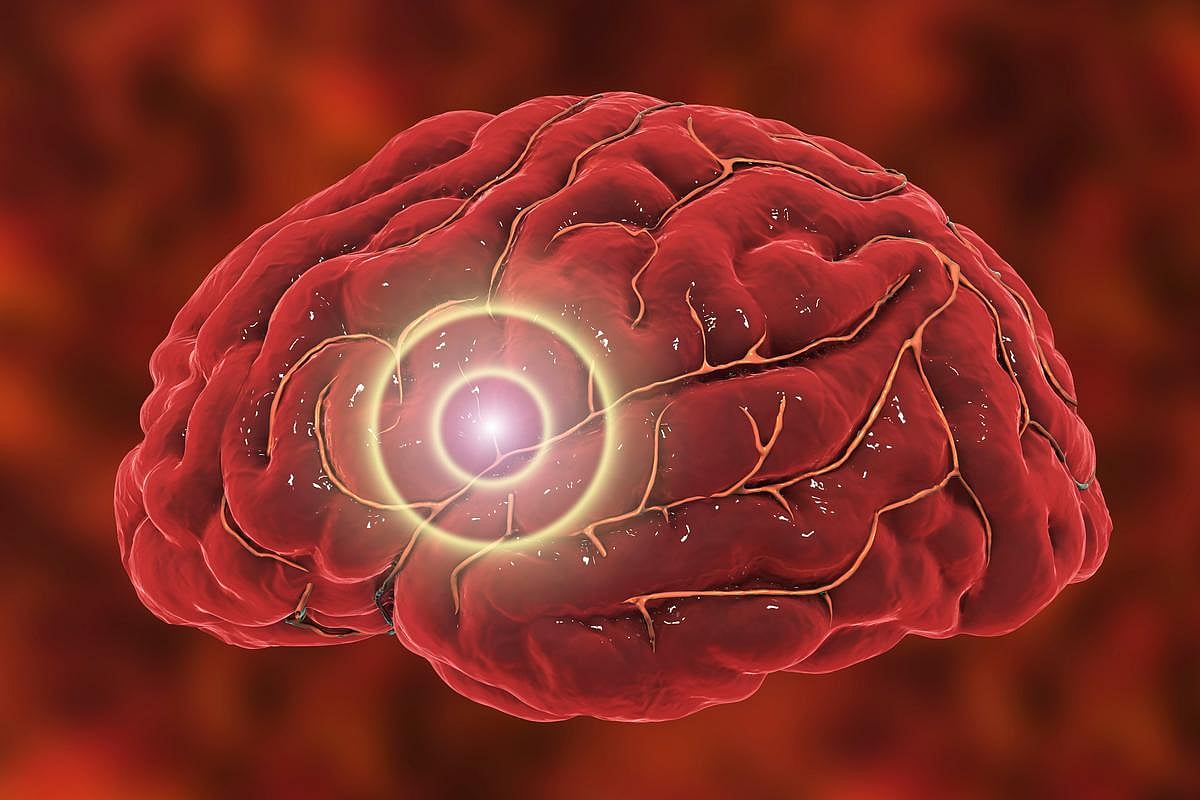
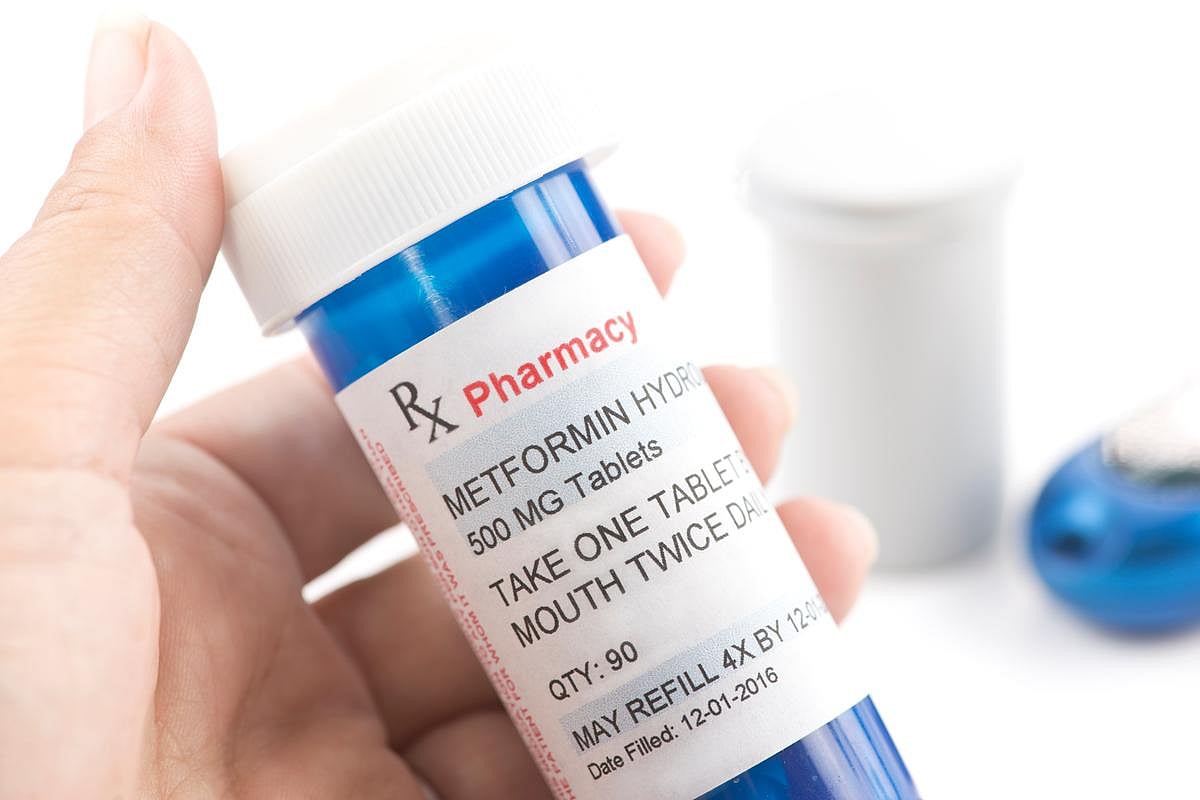

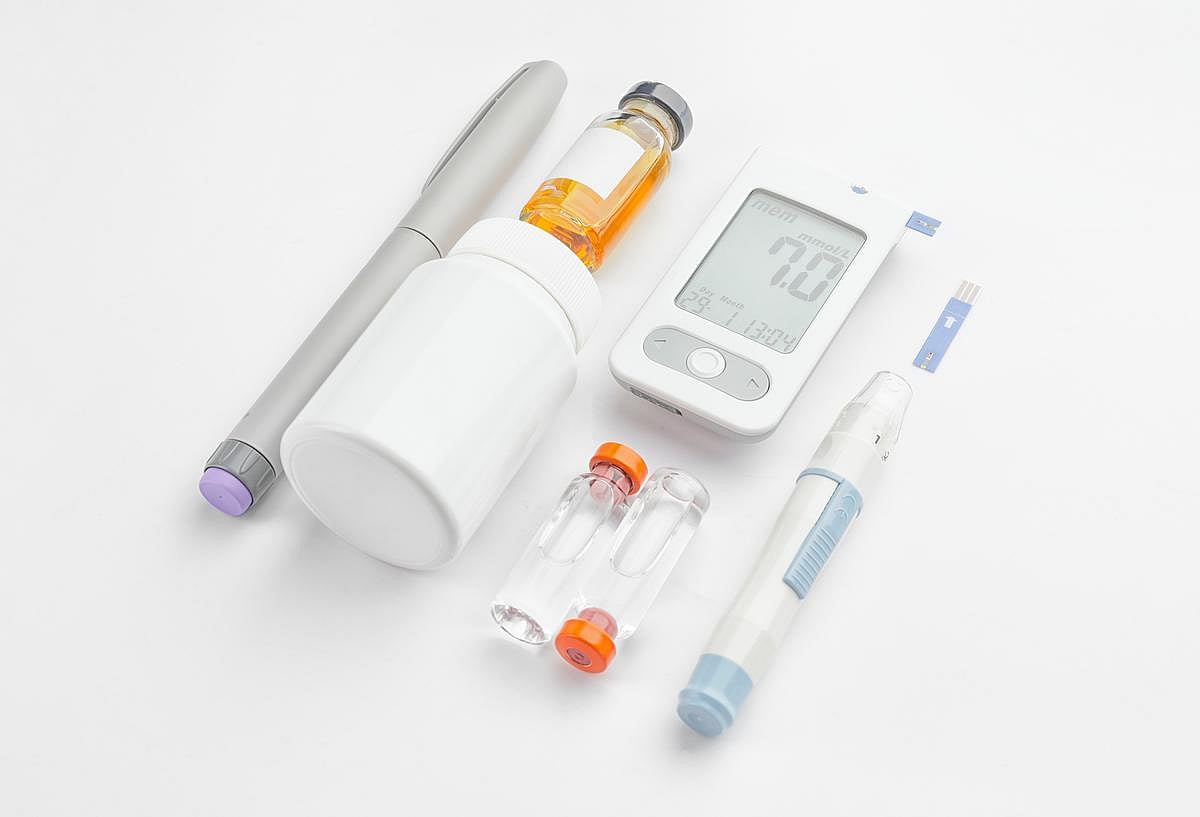
.jpg?w=1920&h=1080&mode=crop&crop=focalpoint)

